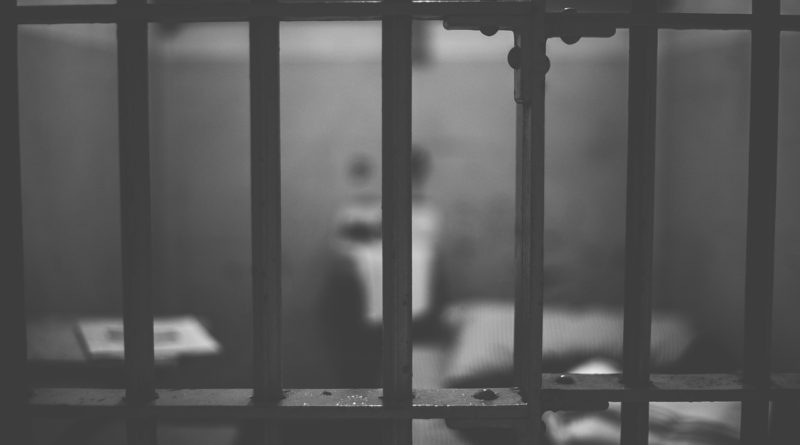What is Criminal Law?
Criminal law is a body of law which applies to criminal acts. Failure to adhere to a particular criminal statute is punishable by law. One is said to have committed a criminal act when he or she breaks the law by committing a criminal act. Criminal law is different from civil law, as penalties for violating criminal laws involve rights forfeiture and imprisonment. Otherwise, civil law relates to legal controversies surrounding individuals and involves monetary settlements as damages.
Criminal law deals with individuals who commit crimes. A crime is a defiant behavior which violates social norms. Defiant behaviors and social norms are determined at state and federal level, potentially resulting in various punishments for various crimes. Criminal law systems are put in place to help out with the prevention of crime. They also involve reforming the perpetrator and deterring crime.
How Criminal Law Helps the Victim
Criminal law grants some rights to the victim and helps them get justice. A victim is an individual that has been harmed by a given crime perpetrated by someone else.
Victims have a right to be handled with fairness, care, and courtesy and the law enforcement ensures this happens throughout the entire process of criminal justice. Most states capture this right in the various state constitutions. Statements by the victim allow them to describe to the parole board or the court during discussions.
Victims have a right to full information concerning the rights they possess to ensure they win the case. Most states will grant the victim the right to get a notice concerning the occurrence of events, such as the arrest of the offender, bail proceedings, charges dismissal, trial, sentencing, appeals, probation, escape or release of the offender, and more.
How Criminal Law Helps the Accused
Labeling someone guilty of a crime can never be taken lightly. Therefore, the accused is guaranteed certain fundamental rights by the law, and they must be respected as the persons involved wait for a jury of judges to make a ruling.
The presumption of innocence before a hearing is an essential right in a criminal justice system. This right means the governments’ lawyer or prosecutor must convince the jury or judge by proving that the crime was committed by the accused. Prosecutors are officially referred to as “criminal and penal prosecuting attorneys.”
It must be proven beyond reasonable doubt that the accused has committed the said crime and this is often the duty of the prosecutor. If the prosecutor has not presented enough evidence at the end of the trial, or if the jury or judges still have some reasonable doubt as to whether the crime was committed by the accused, he or she will be acquitted.
The jury and judges must exercise fairness. The law grants the accused the right to get informed of the evidence against him or her. The accused possesses the right to defend against accusations of crime commitment, to get a lawyer to represent him or her, to understand the trial process through his or her language of choice, and to get an interpreter in case of language barrier.

